South Korea
We represent clients from all around the world in South Korea every year. We see the globe as having no borders and are unafraid of language hurdles or time zones.
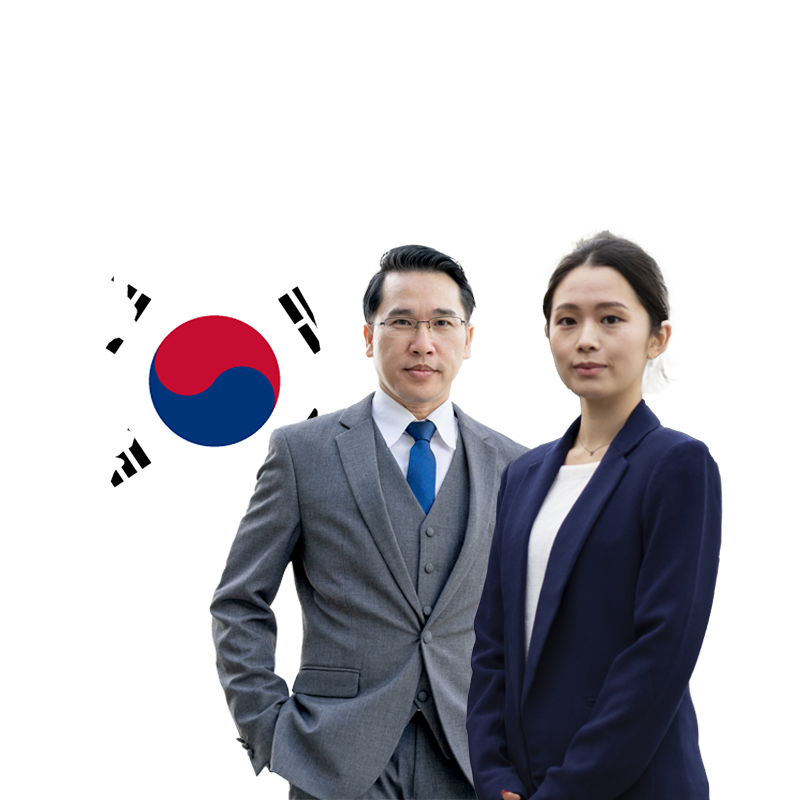
LegaMart Lawyers in South Korea
Legal Industry in South Korea
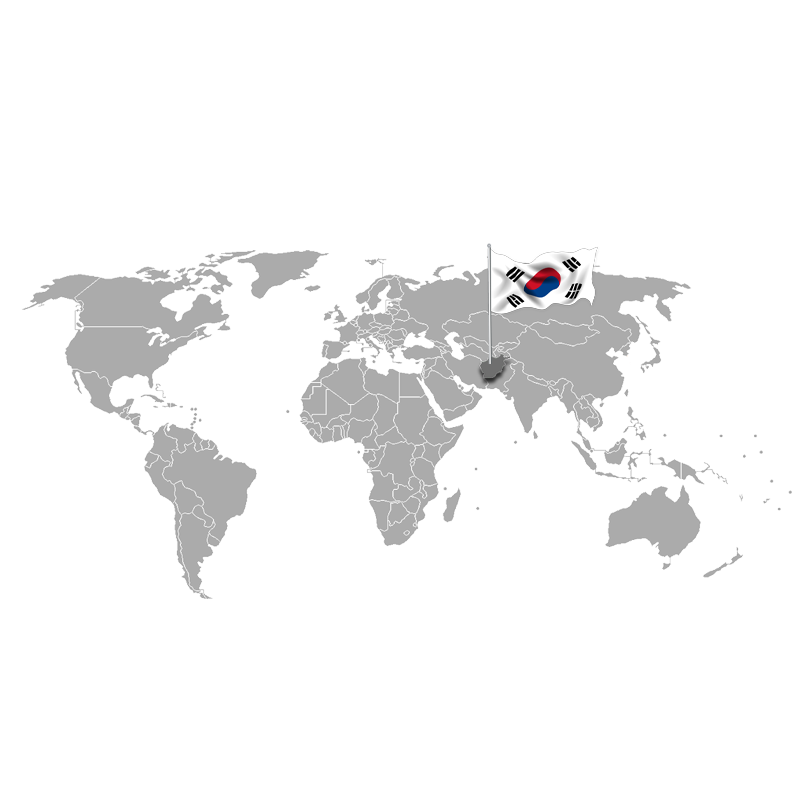
Articles about Law in South Korea
Tell us more about your problem.
Please give a brief description about what it is you need to talk to our lawyers about ?
Most common legal demands in South Korea
Legal Market Overview in South Korea
The East Asian country of South Korea is officially known as the Republic of Korea. The country rules a majority of the Korean peninsula and has a population of over 51.5 million residents spanning an area of nearly 100,000 KM. Seoul is the capital city, with a population of over 10 million inhabitants.
Korea was divided at the end of WWII, when it was divided into the Soviet and US zones. The Republic of Korea (ROK) was created following an election in 1948 in the US zone and the Democratic People’s Republic of Korea (DPRK) was established in the Soviet zone. The Korean War, which never technically ended, had a major impact on the country’s development and continues to influence South Korea politics today.
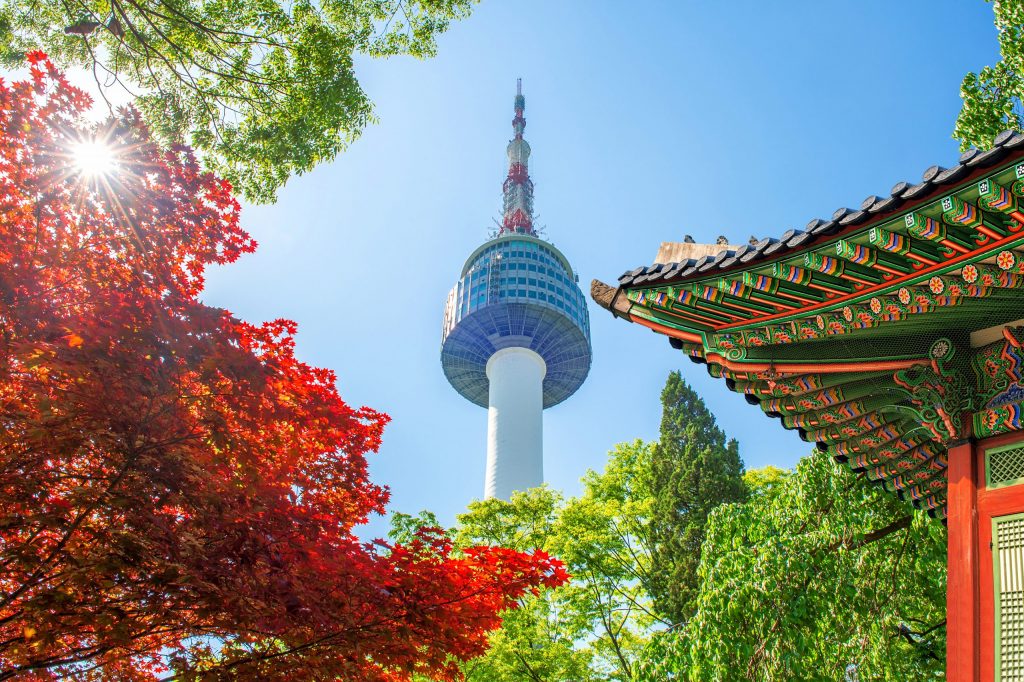
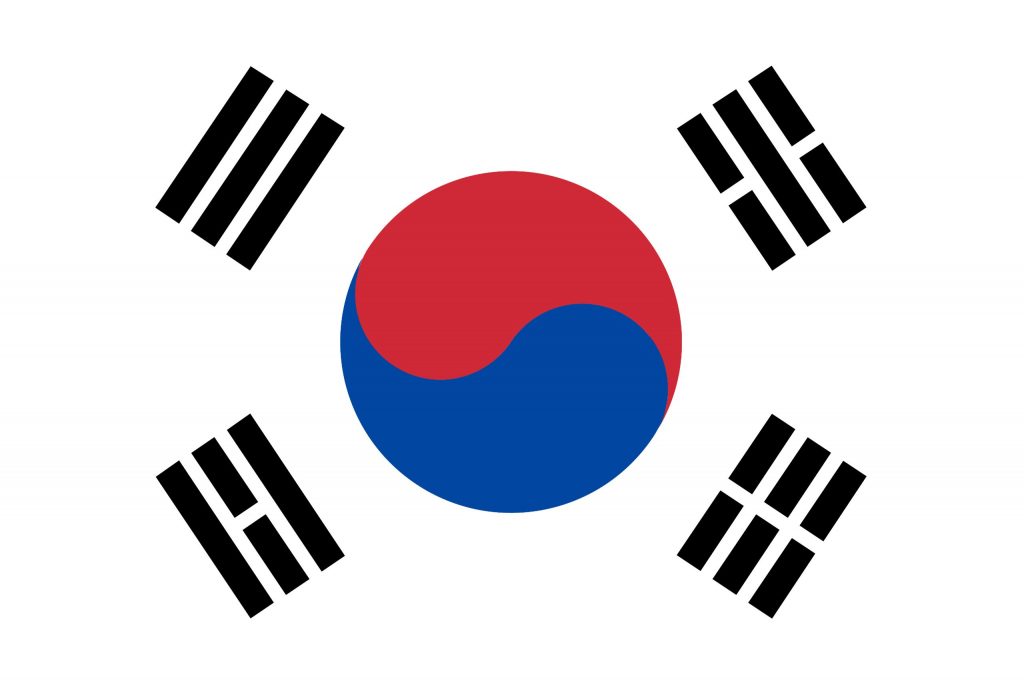
Today South Korea is considered a highly developed country and high-income economy, with a ranking of 18th in the world in the Human Development Index. The country has the 11th highest nominal GDP and 12th largest PPP (purchasing power parity) in the world. The country is a leader in technology and industrial sectors, as the 5th largest exporter and 8th largest importer worldwide. South Korea is a member of the United Nations, East Asia Summit, OECD, and APEC, among other international foreign relations groups.
There are about 12,000 lawyers and 7,000 of them are based in Seoul. Over 600 law firms (including one man offices) in South Korea and top 10 have about 2,000 lawyers. The number of lawyers is expected to double in the next six to seven years as the Korean Government liberalises legal services.
However, about 44 percent of 1,000 trainee lawyers last year remained unemployed when they completed a two-year mandatory training programme. These figures show that the domestic legal services market has little room to embrace newcomers. Adding to woes of these unemployed, there will be more than two thousand law school graduate who will enter the market, mostly as lawyers, from next year.
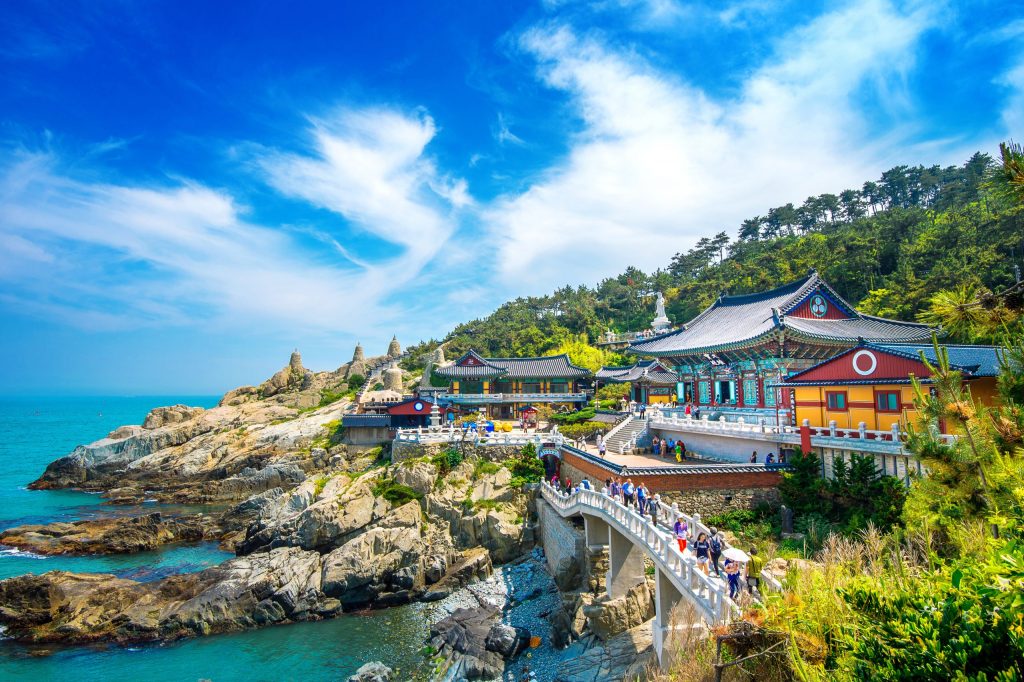
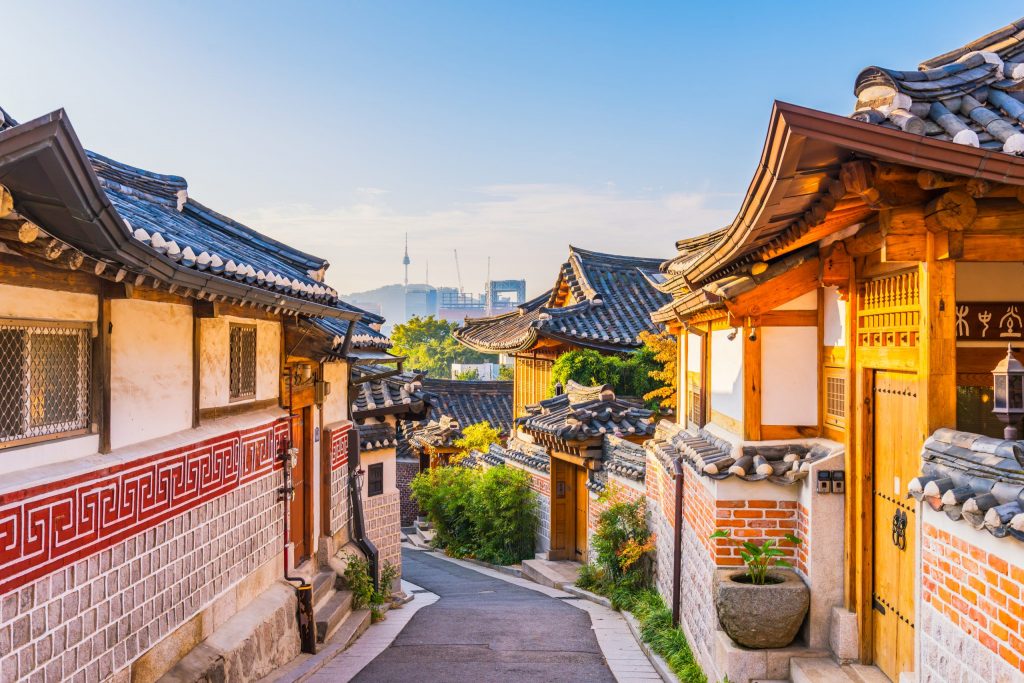
Experts and lawyers said Korean firms lack expertise in large international deals, in particular to compete against European giants, who have decades of legal service history. According to the leading local newspaper’s survey, the top 10 Korean law firms admitted they were weak in energy deals, mergers and acquisitions and corporate finance cases. And yet, the fields are some of the most lucrative in the fast-growing markets, they noted. The Korean firms said they are more confident in domestic litigation, real estate development, fair trade law, labour issues and information and technology cases.
Korea’s legal service market is worth about US$ 2-3 billion. Last year alone, Korean companies and government paid 1.27 trillion won (approx. US$ 1.1 billion) to foreign law firms for their services up 11.6% from previous year, while Korean law firms earned only 705 billion won (US$689 million) from foreign clients. This will be the case further after EU-Korea FTA. In a means to survival, some Korean law firms are seeking to establish partnerships with European law firms. Among the 10 law firms, five said they are willing to jointly handle cases with European firms and share profits. Such a trend is stronger for smaller law firms.
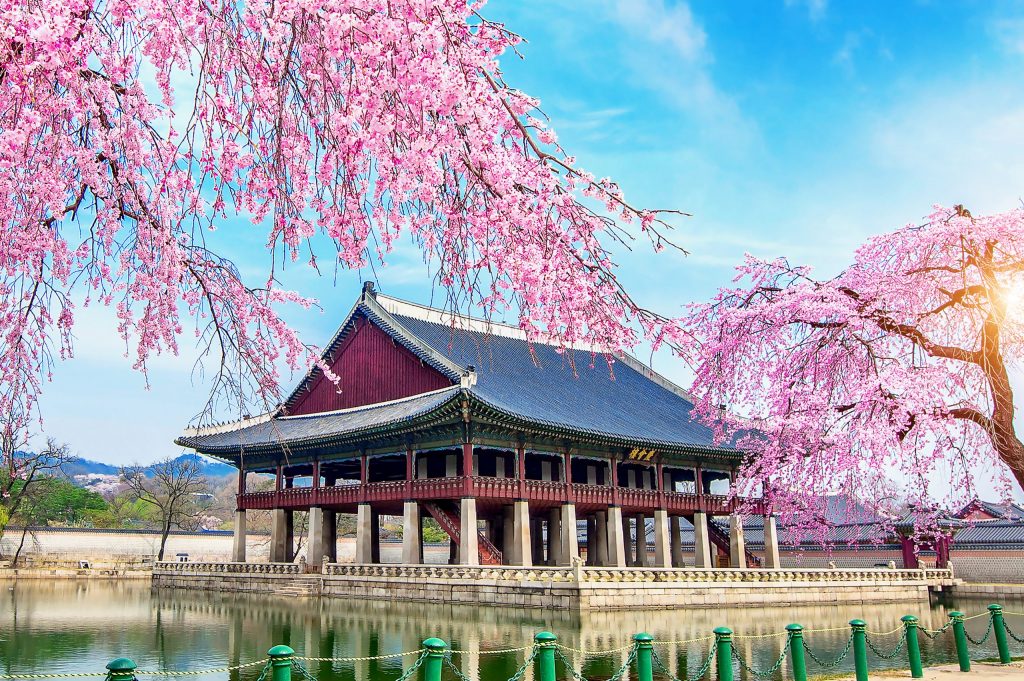
Republic of Korea’s overall rule of law score increased by less than 1% in 2022’s Index. At 19th place out of 140 countries and jurisdictions worldwide, Republic of Korea remained in the same position in global rank.
According to World Justice Project Approximately 50% of people surveyed experienced at least one legal problem in the last two years. 34% Were able to access help and 64% Experienced a hardship to resolve their legal issue.
While the prevalence and severity of problems varies in Korea , the most common problems relate to housing, and money and debt. Also Less than a %34 of people in KOREA who experience a legal problem sought any form of advice to help them better understand or resolve their problem, and those who did seek assistance preferred to turn to family members or friends (%58).

Frequently Asked Questions
What types of industrial property rights exist in Korea?
Korea has patents, utility models, designs and trade marks. They can all be registered at the Korean Intellectual Property Office (KIPO).
How long are the terms of protection of Korean patents and utility models?
For patents filed on or after 1 July 1996, the term is 20 years from the date of filing. Before July 1996, Korea made several law changes which affected the term of patents. For patents filed between 1 September 1990 and 30 June 1996, the term was 15 years from the date of publication of the examined application, but not longer than 20 years from the filing date.
For utility models filed on or after 1 July 1999, the term is 10 years from the date of filing. Before July 1999, Korea made several law changes also affecting the term of utility models. For utility models filed between 1 July 1996 and 30 June 1999, the term was 15 years from the filing date. For those filed between 1 September 1990 and 30 June 1996, it was 10 years from the date of publication of the examined application, but not longer than 15 years from the filing date.
Can a foreigner legally own a land in Thailand?
Normally, a foreigner cannot own land in Thailand; however, there are other alternatives exist for a foreigner to acquire land or property.
What inventions cannot be patented in Korea?
Under the Korean Patent Act and KIPO’s Requirements for Patentability, the following are not patentable in Korea:
- any invention detrimental to public order, morality or public health
- scientific discoveries
- inventions not based on the law of nature (e.g. laws of economics, mathematical methods, etc.)
- arbitrary arrangements (e.g. rules for playing games)
- mental activities
- aesthetic effects (e.g. paintings, carvings)
- animal and plant varieties
- methods for medical treatment of the human body
How does the EU benefit from the adequacy decision with the Republic of Korea?
Europeans benefit from strong protection under Korean law when their data is transferred to the Republic of Korea, including through the additional safeguards that were agreed as part of the adequacy dialogue.
The adequacy has a broad scope of application, covering both commercial operators and the public sector. It not only supports European business operators transferring personal data to the Republic of Korea as part of their commercial operations, but also facilitates regulatory cooperation between European and Korean public authorities.
The adequacy decision also complements the Free Trade Agreement (FTA) between the European Union and the Republic of Korea that entered into force in July 2011. The trade agreement has led to a considerable rise in bilateral trade of goods and services. The adequacy decision will support this trade relationship worth nearly €90 billion a year.
What are the challenges of doing business in South Korea?
- Economic slowdown/slow recovery.
- Corporate social responsibility (ESG)
- Pandemic risk/health crises.
- Increasing competition.
- Supply chain or distribution failure.
- Accelerated rates of change in market factors.
- Regulatory/legislative changes.
What kind of legal system does South Korea have?
Civil Legal System
Legal System. Korea has adopted much of the Continental or Civil Legal System. Explicitly written legal codes, including constitutional law, have been effected in all the relevant areas conceivable. Thus, in all legal problems, written rules of law are the primary sources of reference
Why is it easy to do business in South Korea?
South Korea has a highly skilled and resilient workforce: South Koreans are known for being extremely disciplined, hard-working, loyal, motivated, well-educated and eager to excel. That’s probably why the employment rate is higher than a lot of other countries (66% of the population) and has remained stable
Does Korea use common law?
The government’s structure is based on the Constitution of the Republic of Korea. The country’s legal system is based on a civil law system
What is common-law wife in Korea?
What Is the Common-Law Marriage in Korea? If the parties live together without the marriage report and consider themselves each other’s spouse, it is called a common-law marriage or a de facto marriage. The Korean law recognizes the common-law marriage





